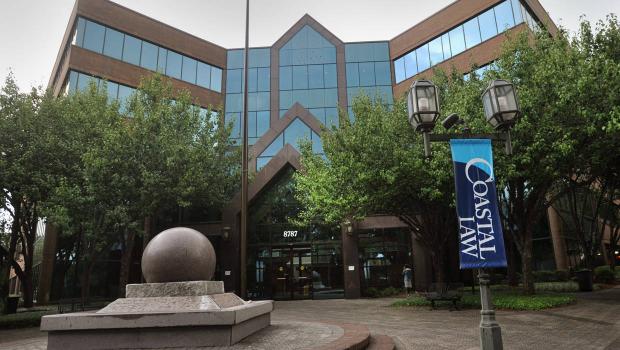
Florida Coastal Law School
For-Profit Law School Seeks Non-Profit Status
The American Bar Association has rejected a bid by the Florida Coastal School of Law to go nonprofit.
The for-profit law school attempted to reclassify itself as a nonprofit last month. Despite getting rejected by the ABA, the law school says it is pushing ahead to try and reclassify itself as a nonprofit by next year, Inside Higher Ed reports.
“We’re focused on moving forward with this application,” Peter Goplerud, Florida Coastal’s president, tells Inside Higher Ed.
INCREASED SCRUTINY
For-profit law schools have faced increased scrutiny by the ABA in recent years. Many of the for-profit law schools operated by InfiLaw, Florida Coastal’s parent company, have closed their doors or planned to shut down over the years with Charlotte School of Law closing in 2017, and Arizona Summit Law School announcing plans to close.
Most recently, Florida Coastal, Cooley Law and the defunct Charlotte Law all sued the ABA of unfairly finding their campuses out of compliance.
“The ABA’s due process violations caused Charlotte to be excluded from the federal Title IV program and made it impossible for Charlotte to continue to operate as a law school,” the school’s complaint, published by Above The Law, reads. “After graduating thousands of students, more than 80% of whom passed the bar exam, over the course of more than a decade, Charlotte was forced to shut down in 2017. This Court should hold the ABA accountable for abusing its accreditation authority and causing Charlotte to close its doors.”
PUSH FOR NON-PROFIT
If Florida Coastal could successfully reclassify itself as a non-profit, it would enjoy a number of benefits.
For one, according to Inside Higher Ed, a reclassification would mean the school could be subject to fewer federal regulations.
Additionally, the reclassification may help attract more students as law schools across the country face a drop in enrollment.
“Schools didn’t have good outcomes, and the ABA was breathing down their necks with enforcement of standards. Students started voting with their feet,” Kyle McEntee, executive director and co-founder of Law School Transparency, tells Inside Higher Ed. “For a for-profit enterprise, there are different expectations now.”
Sources: Inside Higher Ed, Tipping the Scales, Above The Law

Questions about this article? Email us or leave a comment below.